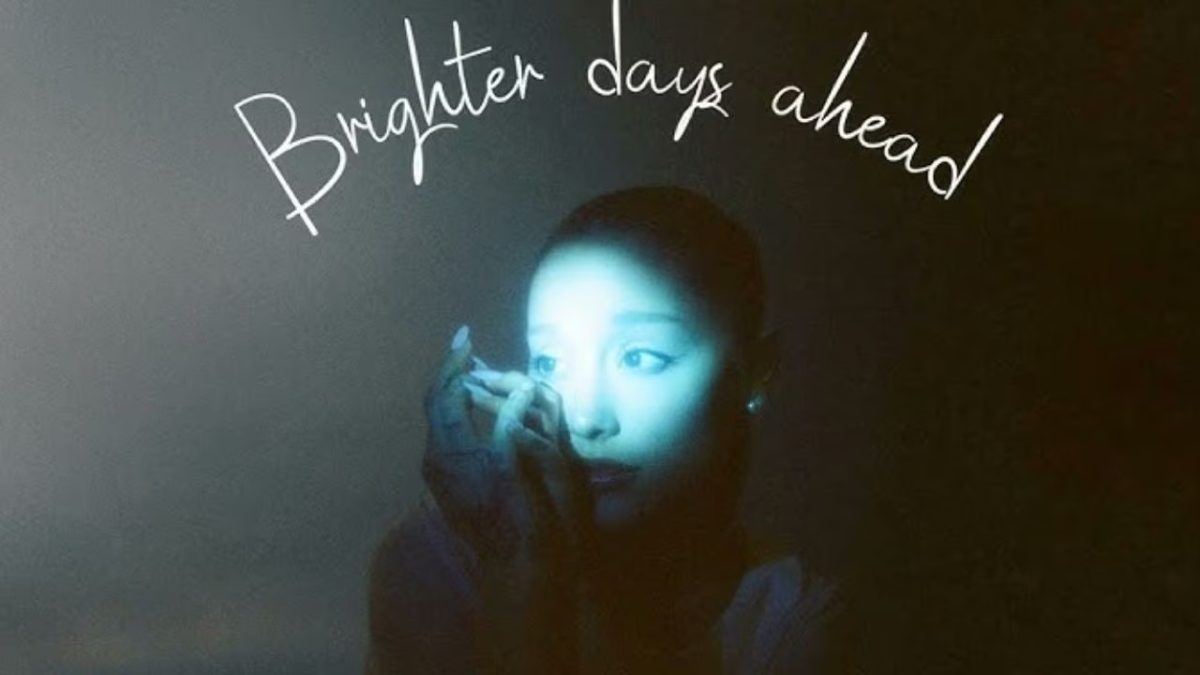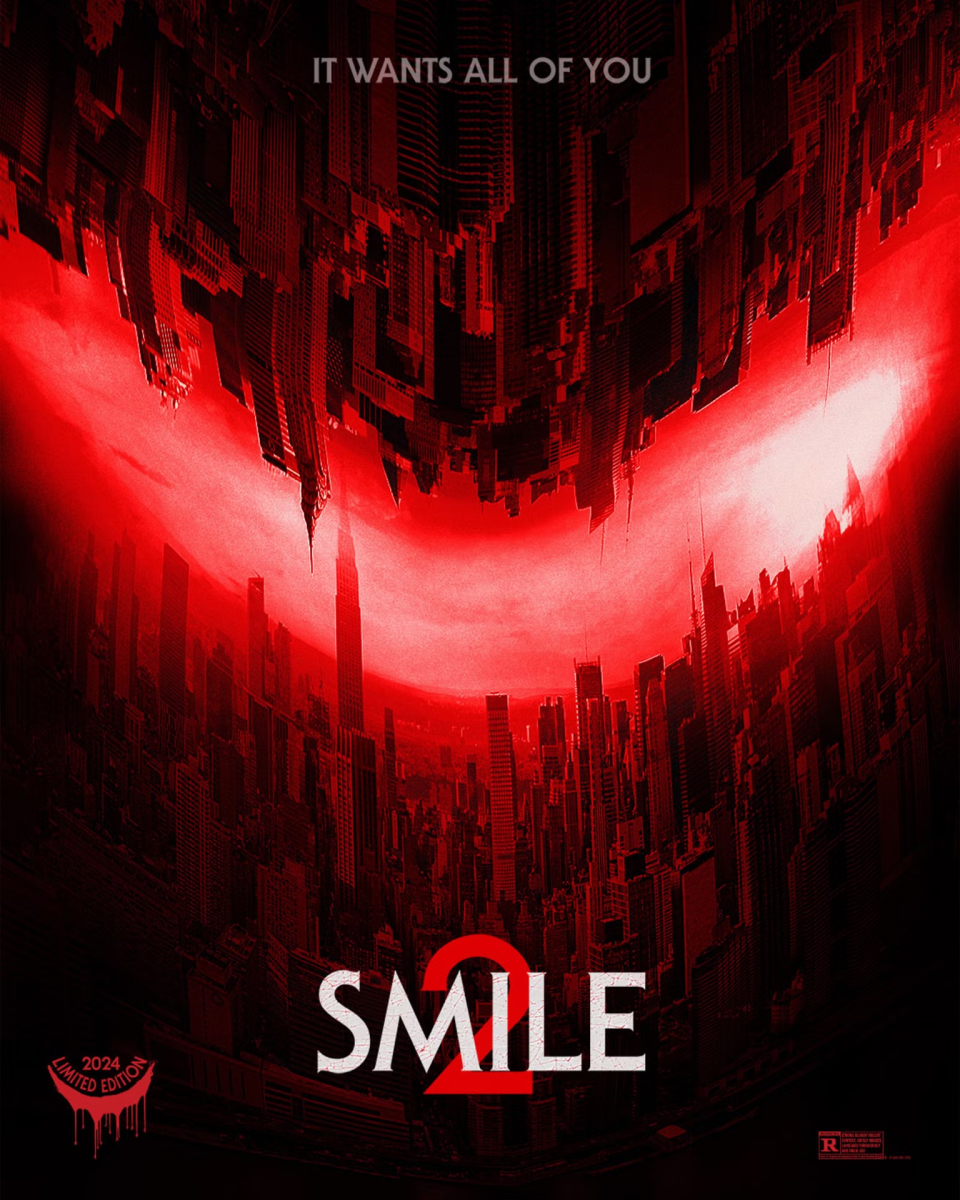Picture an action movie — heavy drum beats playing in the background, protagonists running through the jungle, machine guns firing in every direction. Which bald, buff man plays our hero? If it’s any recent movie, it’s probably The Rock.
Ever since Hollywood took notice of former wrestler Dwayne “The Rock” Johnson for his character Luke Hobbs in 2011’s Fast Five, studio producers have taken the trope — tough guy, straight man, just comedic enough to be charming but not enough to be relegated to comic relief — and shackled Johnson to it, throwing him in the North Pole, a hockey rink, intelligence agencies, and too many peril-filled jungles to count (Red One, Tooth Fairy, Central Intelligence, Jumanji, Jungle Cruise, and more). The one thing that all of these wildly varying settings have in common is not just the actor, but the persona that Johnson and film producers have all agreed is the epitome of The Rock and the only thing he can be.
Dwayne Johnson wasn’t always this way. Before Hobbs’ breakthrough appearance, he could play a solid range. He still mostly fit into tough-guy roles, but he was allowed to be somebody besides The Rock (see The Scorpion King and The Mummy). Johnson even took a few more creative roles, acting in the musical crime/comedy Be Cool or the science fiction mind-melt Southland Tales. After the introduction of Luke Hobbs, and the (admittedly undeniable) charisma present in the big man, his career was mostly set in stone. Luke Hobbs became less of a character in a franchise and more of a persona synonymous with The Rock and his movies.
As senior Emre Ferman said, “In every single movie, the character [The Rock] plays is the most stereotypical tough-guy act.”
While it can be irritating to see movie #17 in which Dwayne Johnson sprints through the jungle in khakis, an important distinction needs to be made between the actor and the industry. The Rock didn’t cast himself in these roles (at least, he didn’t used to). Instead, he’s simply a target of an age-old Hollywood tradition: typecasting.
To define, typecasting is giving actors the same role over and over again because they play it well. After a while, movie creators begin designing films specifically for an actor, instead of just writing a good movie.
For example, Jason Alexander, who played the iconic George Costanza in the sitcom Seinfeld, has been unable to get away from that role since the ‘90s. When he tries to branch out, he’s simply relegated to the same angry comic relief that Costanza became legendary for, even though that character is completely different from who he is in real life.
The difference between Alexander and Johnson, though, is that Johnson is now typecasting himself in strongman roles. He’s started producing his own movies like Black Adam or Rampage, putting Luke Hobbs in any situation, as long as it makes him seem big and powerful.
“He’s too scared to have a bruised ego,” Ferman said about The Rock’s unwillingness to look weak. Ferman continued to say that while other famous actors like Ryan Reynolds and Jack Black may also play the same character in many movies, they’re willing to make fun of themselves.
But while his tough guy pride might limit the roles he can take, playing the same character over and over isn’t a completely irrational decision. The reason that The Rock and Hollywood churn out so many of these is because they make immense amounts of money. Jumanji, Moana 2, and the Fast and Furious franchise all raked in hundreds of millions of dollars at the box office, meaning that there’s essentially zero reason for their production teams to stop making them, no matter how trite they get.
This reflects on a deeper issue in the film industry, one that moviegoers have begun to become more and more jaded by in recent years.
“I feel like a lot of [new movies] are just trying to capitalize off [the success] of similar movies,” sophomore Beckett Kraus-Cook said. “They could be different, but because the scripts are all kind of the same cookie-cutter…it all feels similar in the end.”








